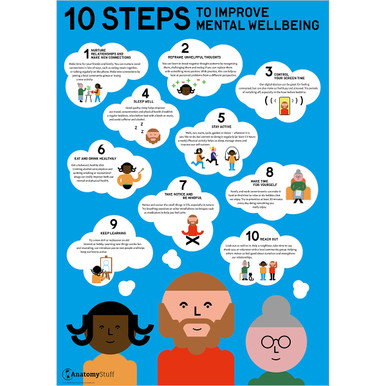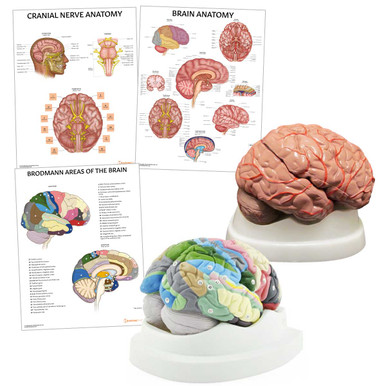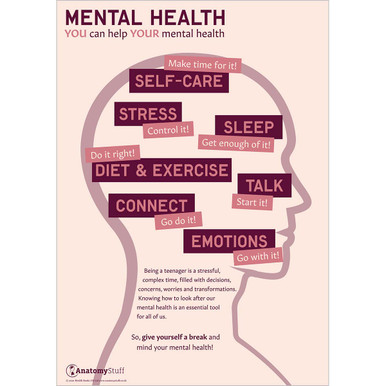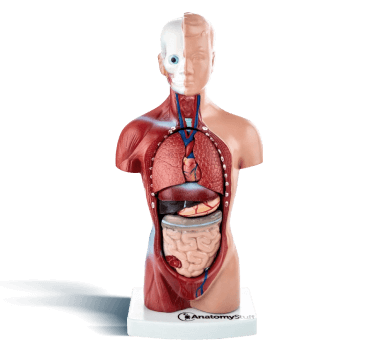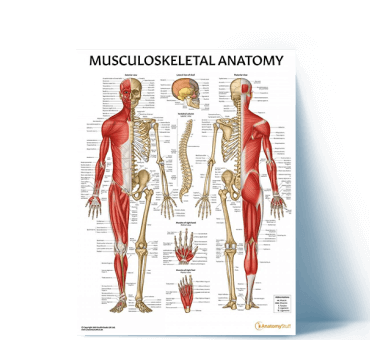Teen Anxiety – Know the Signs & How to Support!
Anxiety is a natural and often necessary response to stress and danger, but when it becomes excessive and interferes with daily life, it can be debilitating. Unfortunately, anxiety disorders are becoming increasingly common among teens, and it can be difficult to know how to manage them.
However, knowing the signs, coping strategies and where to get support for anxiety can help you take back some control. Mental wellbeing is so important!
What are the Signs of Anxiety in Teens?
Anxiety can manifest in many different ways, and symptoms can vary from person to person.
Some common signs of anxiety include:
• Excessive worry or fear
• Restlessness or feeling on edge
• Rapid heartbeat or palpitations
• Sweating or trembling
• Difficulty concentrating or racing thoughts
• Sleep problems, such as difficulty falling asleep or staying asleep
• Muscle tension or aches
• Avoidance of certain situations or activities
• Irritability or mood changes
• Panic attacks can include symptoms such as chest pain, shortness of breath, dizziness, or feeling like you’re losing control.
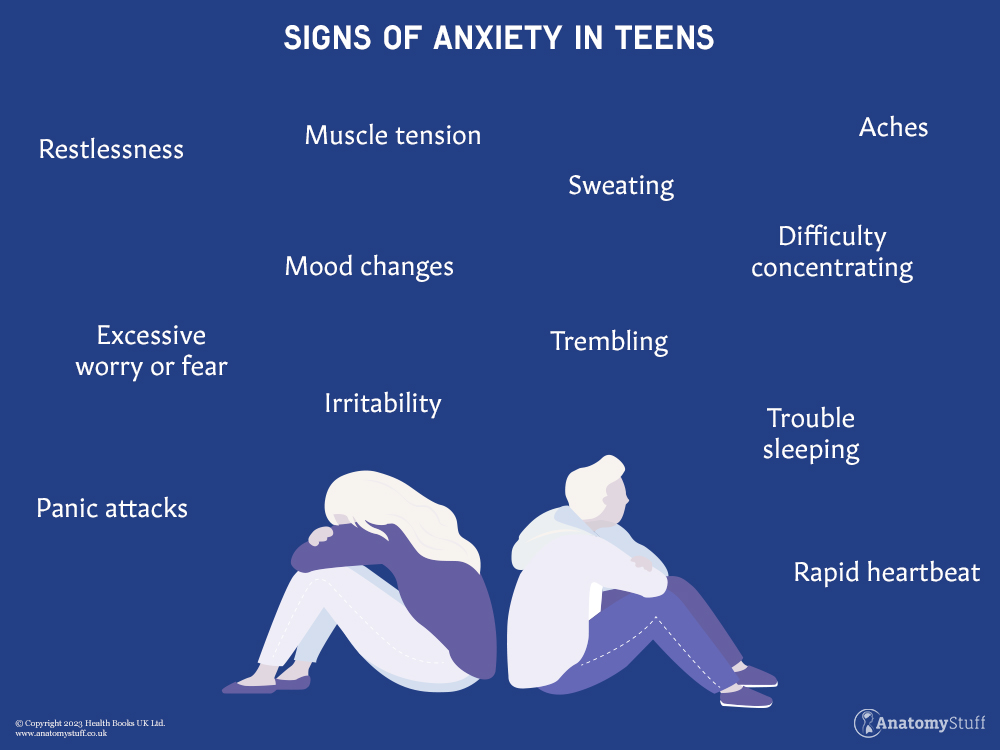
It’s important to remember that everyone experiences anxiety differently, and not all these symptoms may apply to you. If you are experiencing any of these symptoms or think you may have an anxiety disorder, it’s important to talk to a healthcare professional for an accurate diagnosis and appropriate treatment.
Why not check out our informative piece here on things that make anxiety worse!
Coping Strategies
There are many strategies that can help relieve anxiety.
Here are some techniques you can try:
• Deep Breathing: Slow, deep breathing can help to calm the body and reduce anxiety. Try taking deep breaths in through your nose and out through your mouth.
• Mindfulness: Mindfulness is the practice of focusing your attention on the present moment. This can help reduce anxiety by taking your mind off worries about the future or regrets about the past.
• Exercise: Exercise can be a great way to reduce anxiety. It helps to release endorphins, which are natural mood boosters. Even a short walk can be helpful.
• Progressive Muscle Relaxation (PMR): This is a technique that involves tensing and relaxing different muscle groups in your body. It can help to release tension and promote relaxation.
• Positive Self-talk: Negative self-talk can contribute to feelings of anxiety. Try to replace negative thoughts with positive ones. For example, instead of saying, “I can’t do this,” say, “I can handle this.”
• Get Enough Sleep: Lack of sleep can exacerbate anxiety. Make sure you are getting enough sleep and establish a regular sleep routine.
• Limit Caffeine and Alcohol: Caffeine and alcohol can contribute to feelings of anxiety. Limit your intake of these substances or avoid them altogether.
• Talk to Someone: Talking to a trusted friend, family member, or mental health professional can help manage anxiety.
Remember that everyone experiences anxiety differently, and what works for one person may not work for another. Finding the best strategies that work best for you may take some trial and error.
Support & Help
If you’re a teen or know of a teen in the UK experiencing anxiety, there are several ways to find support.
Here are some options:
Speak to your GP: Your GP can refer you to mental health services such as counselling or therapy.
Contact a helpline: Helplines such as YoungMinds Crisis Messenger (text YM to 85258) and Childline (0800 1111) provide confidential support and advice for young people.
Talk to your school: Your school may have a counsellor or mental health support worker who can provide you with guidance and support.
Join a support group: You may find it helpful to join a support group where you can talk to other young people who are going through similar experiences. Check with your local mental health services or charities for information on support groups in your area.
Online resources: There are several online resources available for young people who are experiencing anxiety, such as the NHS website, YoungMinds, and Mind. These resources provide information on coping strategies, self-help techniques, and where to find support.
Remember, reaching out for help is important if you’re experiencing anxiety. You don’t have to face it alone.








